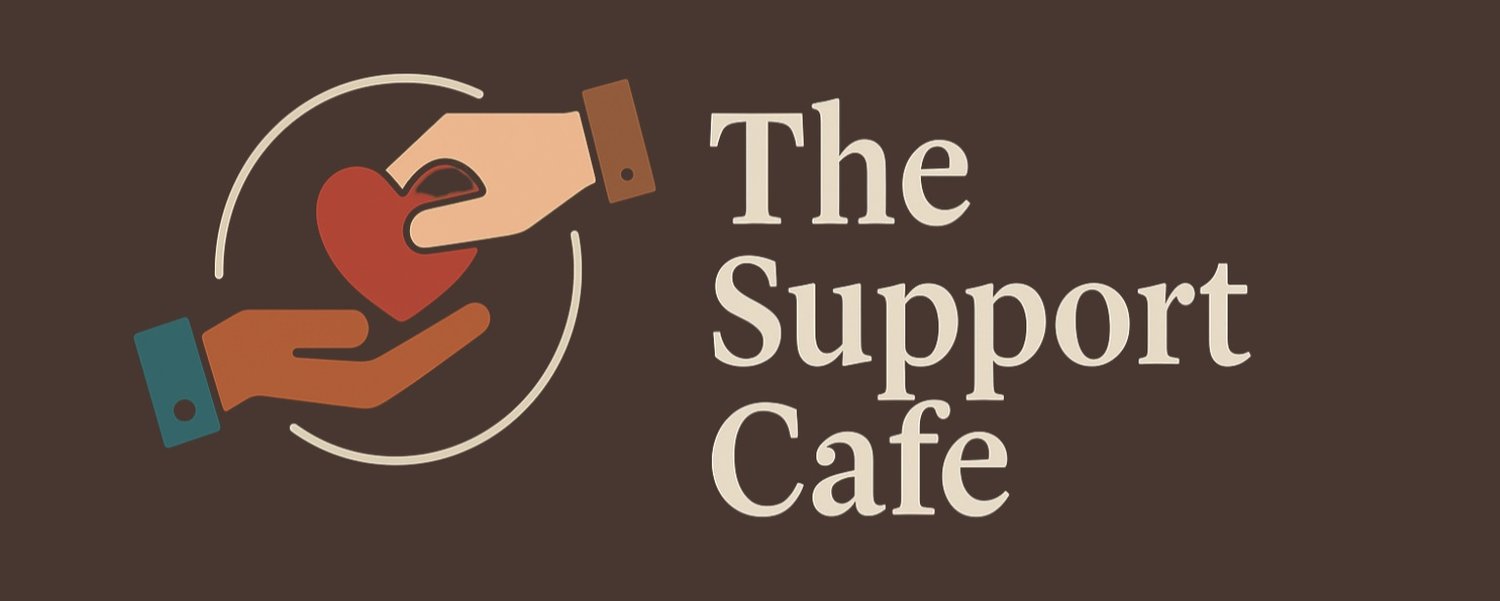For anyone trying to stay alive, stay sober, stay steady — or just stay.
Addiction. Depression. Bipolar. Trauma. Anxiety. Chaos. Regret.
We don’t need to know the name of what you carry. We just know that carrying it alone is too much.
This group is here for anyone in recovery — from substances, from self-harm, from mental health crises, or from the systems and people that failed you.
You’ll find coffee, snacks, couches, and real people.
No paperwork. No judgment. No referrals.
Confidentiality is expected and honored.
There’s no fix-it formula, no suit-and-tie leader.
Just folks showing up — raw, honest, and rooting for each other.
Come late. Leave early. Sit silent. Say too much.
You’ll still be welcome next week.
Recovery looks different for everyone.
Maybe you're fresh out of treatment. Maybe you’ve been clean for years. Maybe you’re still using and not sure if you’re ready to stop. That’s okay.
This is not a 12-step meeting — but if those help you, great. This is not church — but bring your faith if it helps you hold on. This is not a place to perform. It’s a place to be real.
We’ve sat in your chair. We’ve stared at the floor. We’ve wondered if this is even worth it.
It is.
Come as you are. We’ll meet you there.
Helpful Reads for the Journey
-
You need someone in your corner — someone who can:
Help with sleep, anxiety, or meds that don’t mess with recovery
Document your effort for court or CPS
Call in scripts for Suboxone or mental health meds
Treat you like a person, not a problem
Don’t have a doctor? Text us. We’ll help find one who listens — and go with you if you want.
-
Say this when they doubt your path:
“I’m not perfect, but I’m working hard.”
“It’s not your job to understand — just to not give up on me.”
“You don’t have to agree. But I still need you.”
And when they won’t stop criticizing:“This conversation isn’t helping. Let’s try again later.”
It’s okay to protect your peace while you get strong.
-
No check-ins. No spotlight. No clean-time countdown.
Come late. Leave early. Say nothing. Cry. Cuss. Drink coffee.
People listen. They nod. They say “me too.”
You won’t be fixed in an hour — but you will feel less alone.
-
Re-Entry: How to Start Over Without Starting From Nothing
Out of jail? Out of treatment? Out of chances? You’re not out of options.
Here’s the real story, no fluff:
Housing: We don’t have much. Not yet. But if you need a place tonight, we’ll help you call every shelter, every landlord, every couch. And we’ll sit with you while you wait.
ID & Documents: If you lost everything, we’ll help you piece it back. Start with your birth certificate — we know where to look. The BMV will want two forms. It’s a pain, but it’s possible.
Probation: Don’t skip. Don’t lie. Don’t wing it. Show up, stay calm, and write it all down. If you’re overwhelmed, we’ll walk it through with you.
Work: Most of what’s open around here won’t treat you right. But a few places will. We’ll help you find the ones that don’t play games — and maybe even figure out how to make your own way.
Kids & CPS: Keep every paper. Stay sober around them. Write down every visit. Every call. Every promise you make and keep. You don’t have to do it alone — we’ll help you track the steps.You’re not broken. You’re rebuilding.
We’ve seen people come back from worse.
Let’s make a plan. One thing at a time. -
Not everyone quits the same way:
Some take Suboxone and thrive.
Some use weed and stay off meth.
Some just drink less and feel human again.
It’s not about perfection. It’s about progress.
You get to decide what “better” looks like. We’ll back your play.
MORE VOICES ON RECOVERY
Real stories, real support from beyond Fulton County
Rat Park: Addiction and the Power of Connection
In the 1970s, researchers discovered that rats in enriched, social environments chose plain water over drug-laced alternatives, highlighting the role of social bonds in addiction.
Screens, Isolation, and Mental Health
Excessive screen time, especially among teens, correlates with increased anxiety, depression, and social withdrawal.
Alcohol vs. Other Drugs: A Cultural Blind Spot
Despite its social acceptance, alcohol ranks among the most harmful substances, challenging societal perceptions of drug use.
Incarceration Fails to Address Addiction
Research indicates that incarceration without treatment exacerbates addiction issues, leading to higher relapse and recidivism rates.
Multiple Pathways to Recovery
Recovery isn't one-size-fits-all. Embracing various approaches—be it 12-step programs, therapy, or medication—can enhance success rates.
